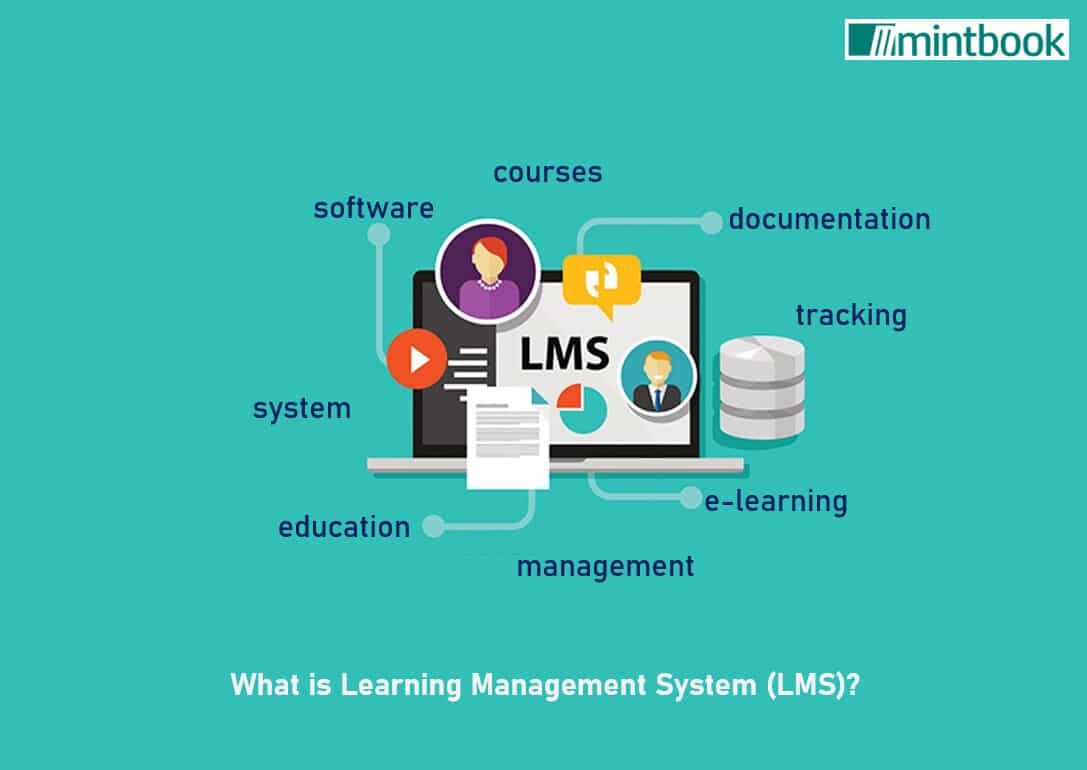Learning Management System Singapore: Exactly How It's Revolutionizing Education in Singapore
Learning Management System Singapore: Exactly How It's Revolutionizing Education in Singapore
Blog Article
Simplify Education With a Leading Understanding Management System
In the ever-evolving landscape of education, the adoption of a leading Discovering Monitoring System (LMS) offers a crucial possibility to enhance processes and enhance both teaching and learning experiences. By automating administrative tasks and offering tailored learning paths, a reliable LMS not just promotes much better interaction but also cultivates a setting favorable to partnership and inclusivity.
Benefits of a Learning Monitoring System
A Discovering Administration System (LMS) provides numerous benefits that can substantially enhance the educational experience for both students and teachers. Mainly, an LMS facilitates structured program management, enabling instructors to take care of program products, track student progress, and analyze performance successfully. This automation minimizes the administrative problem on educators, allowing them to focus extra on mentor and pupil interaction.
In addition, LMS platforms sustain customized understanding paths, suiting diverse understanding styles and speeds. This flexibility promotes an extra inclusive setting, enabling learners to accessibility resources that finest match their needs. In addition, the accessibility of an LMS enables trainees to involve with course material anytime and anywhere, advertising self-directed understanding and fitting various routines.
One more remarkable advantage is the improved cooperation chances an LMS supplies. Discussion forums, group projects, and peer analyses urge communication amongst learners, improving their understanding through shared viewpoints. The information analytics features of an LMS allow teachers to gain understandings into learner interaction and performance, educating instructional methods and treatments (Canvas Singapore).
Key Features to Seek

Next, durable reporting and analytics capacities offer useful insights into learner progression and interaction, permitting instructors to make data-driven choices. Combination with other devices, such as material authoring software application and communication platforms, is also vital for improving functionality and streamlining operations.
Scalability is an additional essential feature, making certain that the LMS can grow along with the establishment's requirements, fitting an enhancing variety of individuals and web content. Furthermore, mobile compatibility is critical in today's digital landscape, making it possible for learners to access instructional products on numerous gadgets.
Lastly, solid security procedures have to remain in place to shield sensitive info and keep compliance with academic regulations. By focusing on these crucial attributes, organizations can select an LMS that sustains reliable teaching and learning results, inevitably enhancing the instructional experience for all stakeholders included.

Enhancing Pupil Interaction
Student interaction is a vital factor in the success of any type of academic program, as it straight influences finding out results and retention prices. A robust Learning Management System (LMS) can play a crucial role in boosting student interaction via numerous ingenious features.

In addition, personalized discovering paths allow trainees to progress at their own rate, catering to individual learning styles and choices. This flexibility not just promotes a sense of best site possession over their knowing trip but additionally maintains pupils spent and encouraged.
In addition, real-time comments systems enable educators to keep an eye on student efficiency and provide prompt support, additional enhancing the finding out experience.
Implementation Techniques for Establishments
Effective application of a Learning Management System (LMS) requires establishments to adopt a strategic approach that straightens technology with academic objectives. To attain this, establishments ought to begin by performing a detailed needs analysis to identify details needs, guaranteeing that the LMS will efficiently deal with challenges dealt with in training and understanding.
Next, appealing stakeholders-- professors, managers, and trainees-- is essential for promoting a culture of cooperation and assistance. Educating sessions ought to be arranged to outfit customers with the needed skills to take advantage of the LMS successfully. Additionally, institutions have to designate enough sources, consisting of time and budget, to help with a smooth shift and ongoing upkeep.
In addition, producing a phased rollout strategy can help minimize potential disturbances. Establishments can start with pilot programs to evaluate performance and gather responses official statement before full-blown implementation. Constant examination and adaptation of the LMS based on user experience will additionally boost its performance.
Lastly, it is important to interact a clear vision of exactly how the LMS sustains instructional practices, therefore motivating buy-in from all parties involved. By complying with these approaches, establishments can make certain an effective LMS application that eventually enhances the academic experience.
Determining Success and Outcomes
Measuring the success and results of a Learning Administration System (LMS) is crucial for establishing its influence on mentor and discovering. This process includes the collection and analysis of measurable and qualitative information to evaluate the performance of the LMS in attaining instructional goals. Key performance indicators (KPIs) such as student engagement rates, course completion rates, and assessment ratings offer essential understandings into individual communication and finding out outcomes.
In addition, studies and responses devices can catch the experiences of both pupils and instructors, offering valuable perspectives on usability, content relevance, and overall complete satisfaction. By triangulating these data sources, institutions can recognize toughness and locations for enhancement within the LMS framework.
In addition, aligning LMS metrics with institutional purposes boosts responsibility and supports tactical planning (Canvas Singapore). For instance, tracking retention rates and post-course efficiency can notify curriculum adjustments and resource appropriation. Eventually, a systematic approach to gauging success and results not only makes certain constant improvement of the LMS yet likewise fosters a society of data-driven decision-making. This commitment to analysis equips universities to improve their teaching techniques and enhance student experiences efficiently.
Conclusion
The combination of a leading Knowing Administration System (LMS) considerably boosts instructional experiences by automating management jobs and giving tailored understanding opportunities. By promoting collaboration right here and inclusivity, an efficient LMS not just improves pupil interaction but likewise drives far better knowing outcomes. Establishments need to focus on the choice and execution of an LMS that straightens with their objectives, making certain durable analytics and interactive material are utilized to gauge success and constantly enhance the academic setting.
A Discovering Management System (LMS) supplies various advantages that can significantly boost the educational experience for both teachers and students.In addition, LMS systems sustain individualized learning paths, accommodating diverse learning styles and paces.Measuring the success and outcomes of an Understanding Monitoring System (LMS) is crucial for establishing its effect on training and knowing.The combination of a leading Knowing Management System (LMS) significantly boosts academic experiences by automating administrative tasks and offering tailored learning opportunities. By cultivating cooperation and inclusivity, a reliable LMS not only boosts trainee involvement but likewise drives far better understanding results.
Report this page